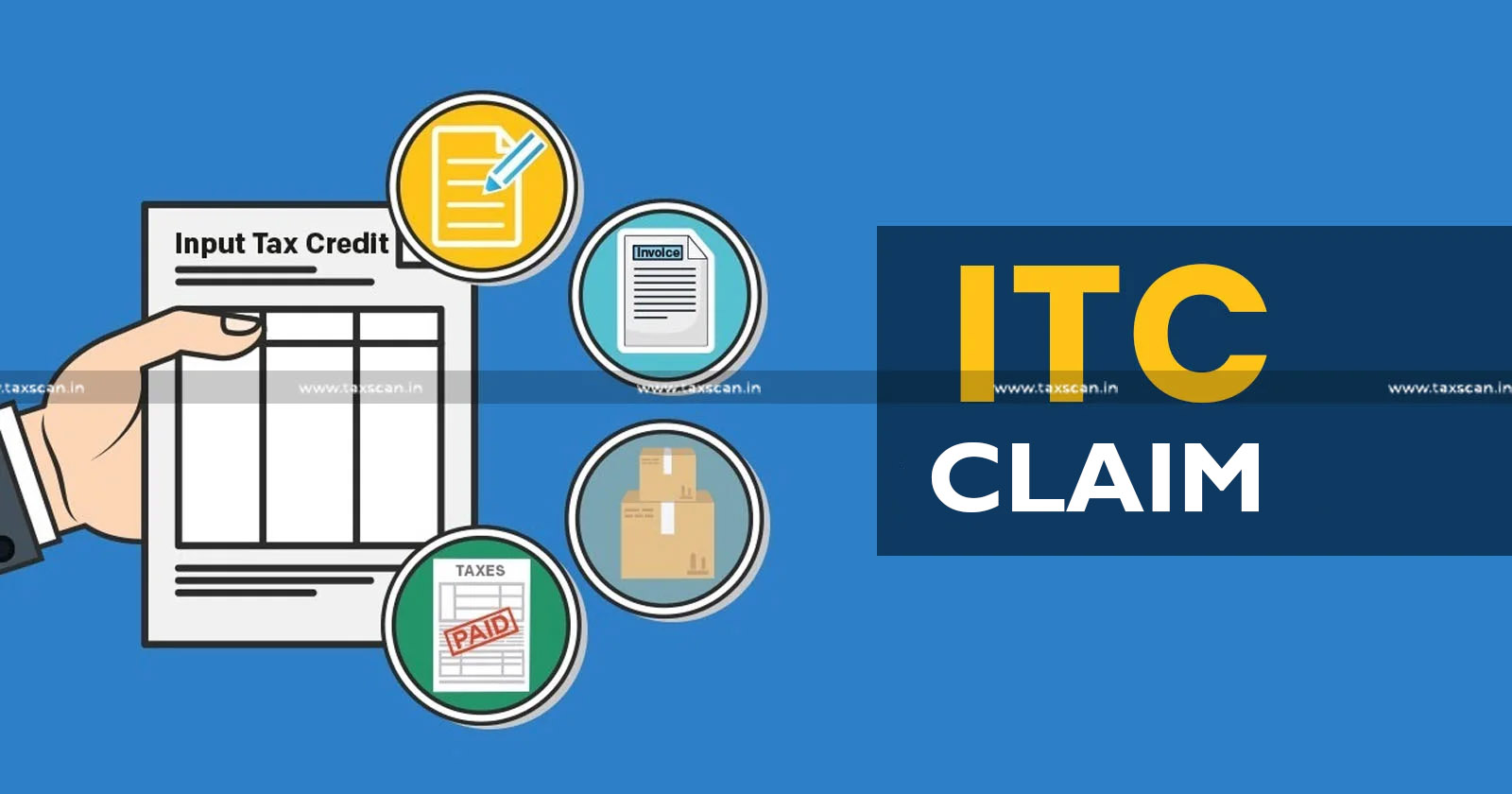Failure to Discharge Burden u/s 155 of CGST Act to Prove Eligibility on ITC Claim: Kerala HC Dismisses Writ Petition [Read Order]

Discharge Burden CGST Act – Prove Eligibility on ITC Claim – Kerala HC Dismisses Writ Petition – TAXSCAN
Discharge Burden CGST Act – Prove Eligibility on ITC Claim – Kerala HC Dismisses Writ Petition – TAXSCAN
The Kerala High Court dismissed the writ petition on failure to discharge the burden under section 155 of the Central Goods and Services Tax Act ('the CGST Act') to prove eligibility for Input Tax Credit (ITC) claim.
Nahasshukoor, the appellant approached the writ court challenging the assessment order as well as the constitutional validity of Section 16(2)(c) of the CGST Act and Rule 36(4) of the CGST Rules. As per the impugned judgments, the single Judge dismissed the writ petitions. They are under challenge in these Writ Appeals.
The issue involved is concerning the entitlement of the purchasing dealer to take credit of input tax levied on the goods he purchased from the supplying dealer under section 16 of the Central Goods and Services Tax Act ('the CGST Act'). Incidentally, the provisions of Section 16(2)(c) of the CGST Act and Rule 36(4) of the Central Goods and Services Tax Rules ('the CGST Rules') are challenged as unconstitutional.
The Assessing Authority, in the assessment order for the year 2017- 18, denied the appellants' claim for input tax credit under the CGST Act and the SGST Act because of the difference in GSTR 2A and GSTR 3B returns. Consequently, the Assessing Authority levied interest, imposed penalty and initiated recovery proceedings against them.
Sri. A. Krishnan, the counsel for the appellants, Sri. Sreelal N. Warrier, the standing counsel for the Central GST and Sri.V.K.Shamsudheen, the Senior Government Pleader.
It was settled that input tax credit is like a benefit/concession and not a right extended to the dealer under the statutory scheme. The said benefit can accrue to the assessee only as per the scheme of the statute.
Rule 36 of the CGST Rules provides for documentary requirements and the conditions for claiming input tax credit. Sub Rule (4) makes it clear that the purchasing dealer will be eligible for input credits as against purchases from the registered selling dealers to the extent of 20% (later reduced to 5%) of the details of the invoices uploaded by the selling dealer concerning the cases where he did not fully upload the details of the sales effected to the purchasing dealer.
A division bench of Dr Justice A K Jayasankaran Nambiar & Dr Justice Kauser Edappagath observed that “One of the preconditions for the purchasing dealer to claim input tax credit under section 16 of the CGST Act is that he must produce the tax invoice issued by the supplying dealer. The appellants failed to produce the tax invoices despite sufficient opportunities extended. The appellants were issued a show cause notice under section 73(1) of the CGST/SGST Act. The appellants were called for a personal hearing. They did not appear for personal hearing either. As per section 155 of the CGST Act, the burden is on the dealer who claims the benefit of input tax credit to prove that he is eligible for such benefit.”
Since the appellant failed to produce any evidence to prove that they are entitled to the benefit of input tax credit. The appellants rushed to the writ court without exhausting the alternative appellate remedy. In such a circumstance the court dismissed the Writ petition.
To Read the full text of the Order CLICK HERE
Support our journalism by subscribing to Taxscan premium. Follow us on Telegram for quick updates


